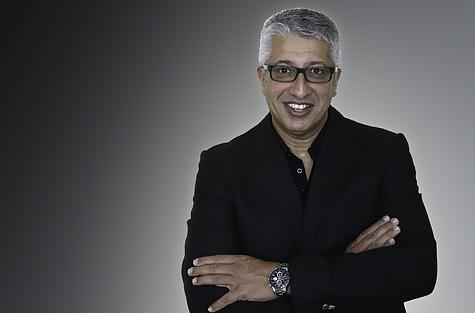How much is too much? It sounds like an easy question to answer, but when it comes to food many of us find it very difficult to keep things in perspective.
No doubt overeating is an increasing problem in our society and the issue is even more pronounced during Ramadan, when the risk of overindulgence in food is higher, particularly after fasting.
Nutritionists have warned Ramadan fasters against overeating at night, saying that people tend to gain weight despite the month-long fasting. This explains why I usually see a sharp rise in weight loss consultations after the holy month.
For some people, the stress of fasting can be difficult to manage. This is why come iftar time, they tend to eat like there’s no tomorrow. Are they compensating for depriving themselves of food all day, stocking up on energy for the next fast, or simply being tempted by delicious food? Whatever their reason, they struggle with self-restraint and the line between greed and satisfaction becomes even more blurred.
Here are my five tips to make sure your food intake is never out of control during Ramadan or any other day:
Start with something light. It is always a good idea to start small. Think light meals, like dates and water. This should bring down your hunger to a controllable level so that you don’t go into a binge. Instead of rice or meat, you might want to go for vegetables and soups instead, which are equally filling but with less calories.
Eat slowly. Eating slower is a good way to control weight gain. According to research, it takes approximately 20 minutes for the brain to send out a signal that you are full, so chew your food slowly while eating so you don’t take in too many calories before you realise you’ve eaten enough.
Grab some water. Drinking plenty of water after breaking your fast can help you avoid overeating. Many people confuse thirst for hunger so they tend to eat rather than drink water. So start with a glass of water. Also, replace juices that are high in calories and sugar with water.
Don’t eat like there’s no tomorrow. Ramadan is a time for self-control so practice it, and practice it often. Don’t make the evening revolve around food. Eating in moderation is the key.
Eat with a group. Eating becomes more enjoyable when you are with family, friends or any group. Social eating also provides you some healthy distractions from overindulging in the food that is in front of you.













